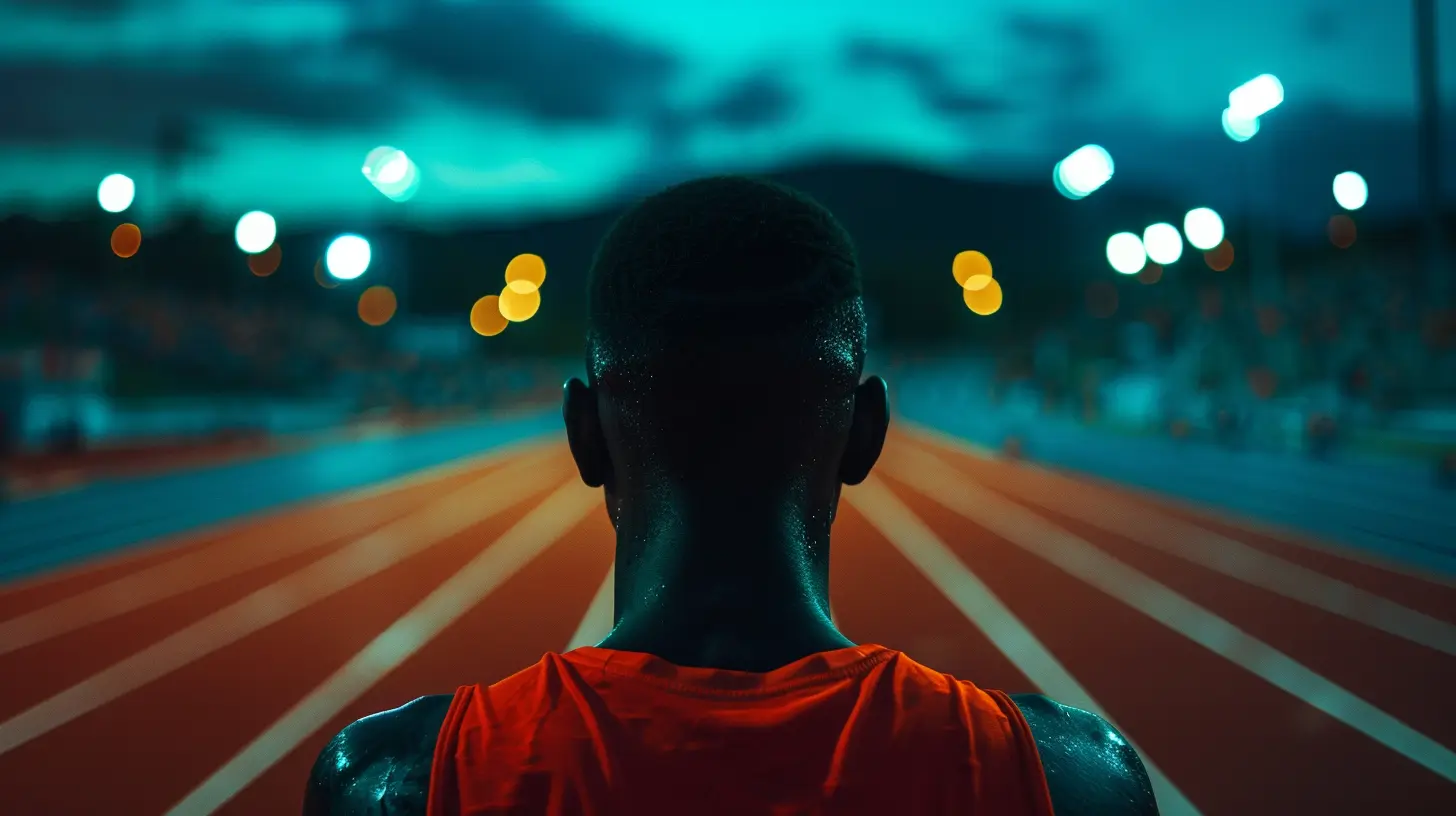26 April 2025
Every four years, the world watches in awe as athletes push beyond human limits to achieve greatness at the Olympic Games. We see the medals, hear the anthems, and feel the emotions, but what we don't always witness is the journey—years of blood, sweat, and sacrifice. Becoming an Olympic athlete isn't just about talent; it's about relentless dedication, overcoming adversity, and an unbreakable will to succeed.
So, what does it really take to transform an Olympic dream into reality? Let’s dive into the life of an athlete aiming for the ultimate sporting stage.

The Genesis of a Dream
Behind every Olympian is a story that begins with a spark—the moment they fell in love with their sport. Maybe it was a childhood obsession, a family tradition, or an inspiring role model that set them on their path.For some, it starts as early as preschool, with parents enrolling them in lessons. Others discover their talent later in school or through local clubs. Regardless of when it begins, one thing is certain—once the Olympic dream takes hold, it's hard to let go.

The Grueling Training Regimen
A Full-Time Commitment
Training for the Olympics isn’t just a hobby; it’s a full-time job. Athletes dedicate anywhere from 4 to 8 hours a day to perfecting their skills. While most of us are still hitting snooze, they’re already up and training.A day in the life of an Olympian includes strength and conditioning, skill drills, endurance training, and mental preparation. Everything is planned with precision, including diet, recovery, and sleep.
The Role of Coaches and Specialists
Behind every great athlete is a powerful support system. Coaches, physiotherapists, nutritionists, and sports psychologists work together to ensure peak performance.- Coaches fine-tune techniques and develop strategies.
- Physiotherapists help prevent and treat injuries.
- Nutritionists ensure an optimized diet for strength, endurance, and recovery.
- Sports Psychologists strengthen an athlete’s mindset, helping them stay focused and motivated.
It’s not just about being physically strong; an Olympic athlete must also be mentally resilient. After all, success at the highest level is as much about mindset as it is about muscles.

The Financial Struggles
Let’s talk money—because training for the Olympics isn’t cheap. Unlike professional athletes in mainstream sports, many Olympic hopefuls don’t have million-dollar contracts. Funding often comes from sponsors, government grants, and personal sacrifices.Some athletes work part-time jobs, rely on crowdfunding, or seek sponsorships to afford training, travel, and competition fees. The financial pressure can be immense, but for these athletes, the dream is worth every penny.

The Mental and Emotional Battle
Handling Pressure and Expectations
Imagine training for years, knowing that your performance will be judged in mere seconds. That’s the reality of an Olympian. The pressure to perform is overwhelming, and the fear of failure can be paralyzing.But elite athletes are masters of mental toughness. They develop strategies to stay calm under pressure, whether it's visualization, meditation, or working with sports psychologists.
Overcoming Setbacks
Injuries, losses, and failures are part of the journey. A single injury can derail an athlete’s dreams, but the best of the best find ways to bounce back.Take Michael Phelps, for example. He faced setbacks, personal struggles, and even considered quitting before making a legendary comeback. These stories remind us that failure isn’t the end—it’s just a stepping stone on the path to greatness.
The Road to Qualification
Getting to the Olympics isn’t as simple as signing up. Athletes must go through national and international competitions, meet qualifying standards, and sometimes, face nerve-wracking trials.Each sport has its own selection process, but the competition is fierce. A single mistake in a qualifying event can cost an athlete their Olympic dream.
However, those who make it onto their country’s Olympic team experience something extraordinary—the realization that years of dedication have paid off.
The Olympic Experience
Living the Olympic Dream
Walking into the Olympic stadium during the opening ceremony is a surreal moment for every athlete. It’s the culmination of years of sacrifice and struggle.The Olympic Village becomes home—a place where the world’s greatest athletes live together, eat together, and form lifelong friendships. It’s a melting pot of cultures, united by a shared love for sport.
The Competition of a Lifetime
Once the competition begins, it's game time. The world watches as athletes give everything they’ve got, chasing glory. Some succeed, winning medals and making history. Others fall short, but even in defeat, the experience is unforgettable.Regardless of the results, every Olympian carries the pride of representing their nation and inspiring future generations.
Life After the Olympics
What Happens Next?
Once the Olympic flame extinguishes, what happens to these athletes? Some continue competing, training for the next Games. Others transition to coaching, broadcasting, or different careers altogether.For many, adjusting to life after the Olympics is challenging. The structured routine is gone, the constant adrenaline fades, and some struggle with finding a new purpose.
However, their journey doesn't end—whether it's inspiring young athletes, joining motivational speaking circuits, or finding new personal goals, Olympians continue leaving their mark.
The Legacy of an Olympian
Even if they never win gold, Olympic athletes inspire millions. Their stories of perseverance, grit, and dedication teach us valuable life lessons—never give up, chase your dreams, and always believe in yourself.Not everyone can be an Olympian, but we can all embrace their mindset: push limits, overcome obstacles, and strive for excellence.
So, the next time you watch the Olympics, remember—behind every athlete is a story of relentless pursuit, unwavering dedication, and the ultimate transformation of a dream into reality.


